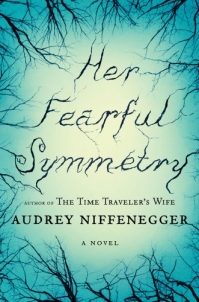 The Postmistress
The Postmistress by Sarah Blake
"It gets you thinking about all the parts in a story we never see . . . the parts around the edges" (157).
"It's about the lies we tell others to protect them, and about the lies we tell ourselves in order not to acknowledge what we can't bear: that we are alive, for instance, and eating lunch, while bombs are falling, and refugees are crammed into camps, and the news comes toward us every hour of the day. And what, in the end, do we do?" (Author's note).
I had been waiting a long time to read this novel. Historical fiction. World War II. Beautiful cover. Right up my alley. But I think my anticipation surrounding this book ruined it a bit for me, for I feel a bit underwhelmed having just finished it.
The story focuses on three different women during the early years of World War II. In Franklin, Mass., there is Emma - the new, young bride of the town doctor, and Iris, the town's unmarried postmistress. Both women listen to Frankie Bard's broadcasts from London about the Blitz, and then her stories of Jewish refugees, as she tries to use the world's main medium to rally Americans to war: the radio. At the end of the novel, the three women's lives intersect.
I really enjoyed when Blake pursued Frankie's voice. She was a fairly strong female character whose insights on the war and her need to wake people into action were compelling. When the author moved back to America I wasn't as captivated with the story, though the premise and the "story behind the story" was interesting enough (though the whole drama of "what would happen when a postmaster would not deliver a letter" held no real drama for me as I didn't find it made up that much of the book and when it came my response was "Is this it?"). Inevitably, I just didn't really care all that much about the characters, which is what I need from a book to love it. In the end, an okay book, but for me not a great book.
 Secret Daughter by Shilpi Somaya Gowda
Secret Daughter by Shilpi Somaya Gowda 










